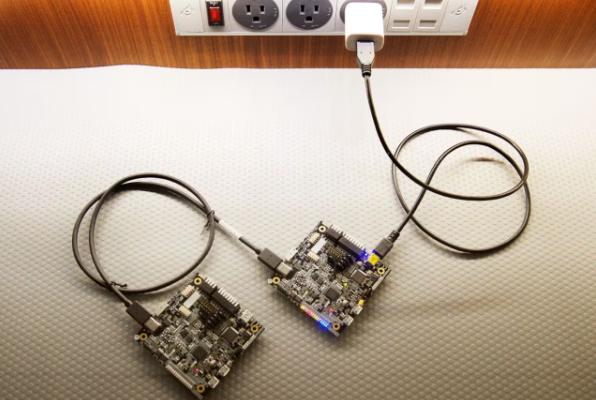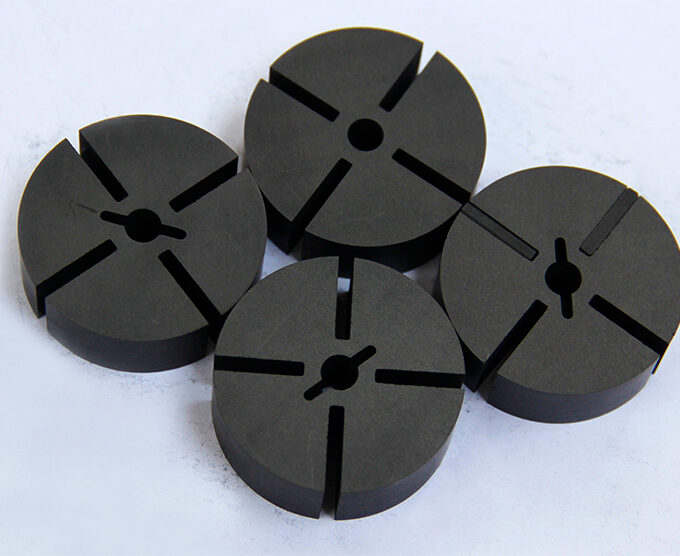Semiconductor company Lattice Semiconductor is on trial in response to a business dispute that began more than a decade ago. The former owner of Apex-Micro Manufacturing Corp is reportedly seeking to recover hundreds of millions of dollars from Lattice Semiconductor in the hope of obtaining damages approaching $1 billion, including additional penalties. Latest, the court is reportedly tentatively scheduling the case for a two-week trial.
Apex’s lawsuit alleges that Lattice concealed the fact that the Canadian and US governments would not allow some of its chips to be sold to China. Lattice denies the allegations and says that Apex’s chief executive knew that he was illegally exporting “military-grade” computer chips to Chinese customers.
The case began in 2008 when plaintiff Apex alleged that Canadian officials entered Apex’s offices in British Columbia, Canada, and blocked shipments of Lattice chips from Apex to customers in Hong Kong. Although prosecutors eventually dropped the criminal charges in 2011, Apex went bankrupt a few months later. Former Apex CEO Steven de Jaray, his daughter, and a significant Apex shareholder sued Lattice, claiming that the company ruined its business and reputation due to its negligence and fraud.
Joshua Berman, a New York-based attorney for the plaintiffs, told the jury in his opening statement in U.S. District Court on Wednesday, “Lattice never told Mr de Jaray, nor did it ever tell Apex, that the chips were not eligible for export.” According to Berman, Lattice knew the chips were used in military applications. It was not eligible for export to China, and the company paid a $500,000 fine for not initially failing to notify the U.S. government.

In addition, Berman said, Lattice failed to update the data sheets describing the restrictions and failed to notify customers, a fact that Lattice, which was in financial trouble at the time, hid because they feared losing out to competitors who did not face the restrictions.
The chips themselves were nearly obsolete in 2008, according to the plaintiffs, and they were built on technology from the 1980s. In court Wednesday, Berman said his clients didn’t learn that Lattice knew the chips were subject to export controls until 2017 when de Jaray’s daughter filed a request with the U.S. government under the Freedom of Information Act for documents relevant to the case.
The lawsuit seeks up to $268 million in damages from Lattice, plus “treble damages,” a legal concept that could make the company triply liable, plus other costs and penalties.
Lattice, which makes programmable computer chips for industrial and consumer electronics, categorically denied the allegations on Wednesday and blamed de Jaray and Apex, said Lattice’s lawyer, Derek Foran. Lattice were subject to export restrictions on the chips they were buying, and we told them.” Foran said that Lattice’s sales manager told de Jaray directly that the chips were subject to export restrictions, and that various documents made it clear that the chips could not be sold overseas.
In addition, Foran accused de Jaray of falsely claiming that the chips would be delivered to U.S. companies that were not subject to export restrictions, such as Boeing and Rockwell International, when in fact Apex shipped the chips to China the same day they arrived from Lattice’s loading dock.
Lattice was a relatively small and money-losing chip company in 2004 and struggled under different leadership over the next many years. In 2017, Lattice tried to sell itself to Chinese investors for $1.3 billion, but the Trump administration blocked the deal on national security grounds. In the ensuing years, under new management, the company’s business grew rapidly and now has a market capitalization of $8.5bn and more than 1,000 employees worldwide, making it the largest tech company in the US state of Oregon.











